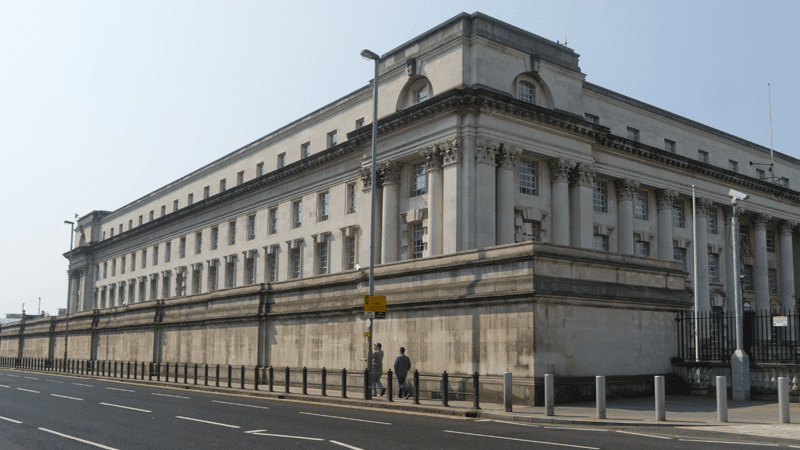The High Court in Belfast has dismissed two cases which sought to have same-sex marriage introduced to Northern Ireland.
In one case, an anonymous man known as applicant X, who entered into a homosexual marriage three years ago, sought a declaration that the union is valid under NI law.
In the other, two couples who are in civil partnerships also challenged the law, claiming that they are entitled to get married in Northern Ireland.
Case one
X claimed that the lack of recognition for same-sex marriage in the Province violates his human rights.
Handing down his ruling on the case this afternoon, Judge O’Hara stressed that the law on marriage falls under the remit of the Northern Ireland Assembly, adding that as a member of the judiciary, he must “respect the separation of powers”.
Same-sex marriage has been blocked by the Northern Ireland Assembly five times in the last five years.
Addressing the human rights argument, the judge asserted that restricting marriage to opposite sex couples does not contravene human rights laws.
Quoting a previous statement by Northern Ireland’s chief human rights commissioner, he said that this is clear from “the international treaties and the jurisprudence of the European Court of Human Rights and the United Nations Human Rights Committee”.
Case two
In the second case, Grainne Close and Shannon Sickles, and Chris and Henry Flanagan-Kane, argued that Northern Ireland’s marriage law contravenes their right to marriage and family life under the European Convention on Human Rights.
According to the firm which represented them, LOCC Solicitors, their application was also dismissed. Writing on their Twitter account, LOCC said the couples are intending to appeal.
The court has said that a written judgment on the second case will be available in the coming days.
Callum Webster, The Christian Institute’s Northern Ireland Officer, said he was “greatly encouraged that the law on marriage has been upheld”.
“This attempt to redefine marriage through the courts has not been successful. The definition of marriage as between one man and one woman is beneficial for all society, and it is excellent news that it has not been changed by this ruling.”

